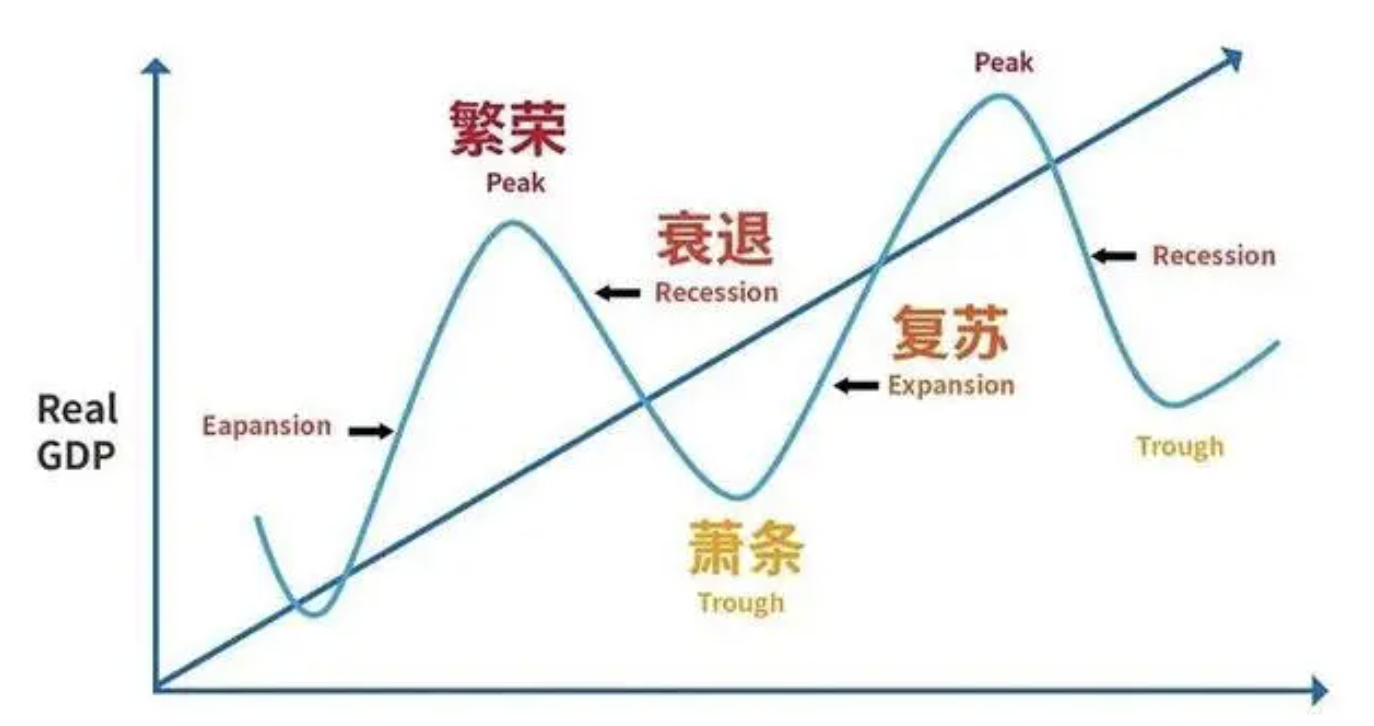In China, there is an old saying that “the mountains are high and the emperor is far away”, which is often used to describe the local authorities who act recklessly and unbridled, because the court is not aware of it and can not control it, which shows the influence of information on power.
Effective management requires the mastery of key information. However, the information is complex and changeable, and the continuous collection and analysis of information requires a large investment of resources and is not small. Therefore, the party with the information advantage, or the party that can obtain information at a lower cost, naturally has the decision-making advantage. Information and power The functions of all levels of government in our country are basically homogeneous, with the higher leading the lower.
In principle, superiors have the final decision-making power over all subordinate work and can overturn all subordinate decisions. But it is impossible for superiors to hold and process all the information, so many matters are effectively handled by subordinates. Even if superiors want to intervene, they often have to rely on information provided by subordinates. For example, the superior inspection work, must listen to the subordinate report, the content is reliable, the superior may not know. If superiors do not have independent sources of information, they may be led by subordinates.
Therefore, although the superior nominally has the final decision and has “formal authority”, because the information is complex and difficult to deal with, the subordinate actually has a lot of autonomy and has “actual authority”. Maintaining the balance between the two types of authority is the key to the effective functioning of government. If the subordinate has a clear information advantage and bears the main consequences, it should make decisions independently. If the subordinate has an information advantage, but the consequences of the decision are important to the superior, the superior may intervene more. However, the intervention of superiors may reduce the motivation of subordinates, and the result is not necessarily more beneficial to superiors.





